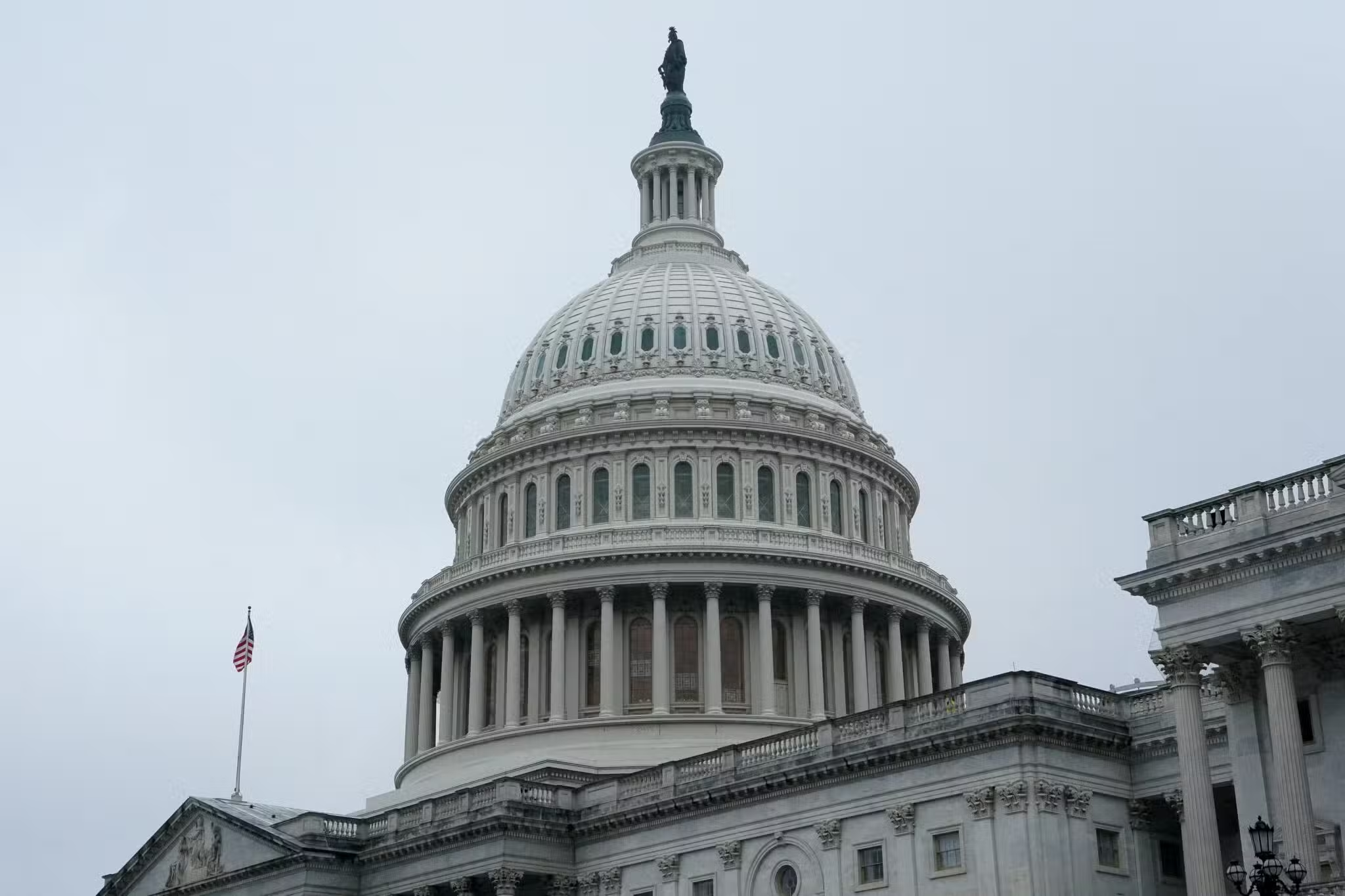“‘We are members one of another.’
From social network communities to the human community.”—Theme for 2019 World Communication Day
Two months ago, the world was rocked yet again by another mass shooting. This time it was at two mosques in Christchurch, New Zealand, and was perpetrated by an anti-immigrant white supremacist. As of this writing, the death toll stands at 50. Many more suffered serious injuries, including a 4-year-old girl in critical condition. Given the pace of the news cycle, we may never learn the status of those injured in the attack.
At the heart of the situation, as with most events these days, was the Internet and social media. News of the attack spread quickly online, eliciting a wave of statements expressing thoughts and prayers. Unfortunately, the actual attack was also live-streamed by the attacker. Before it could be taken down, the video was viewed and shared by people on Facebook, YouTube, and Twitter.
Once the initial shock subsided, people immediately began to call for some type of action. It’s a refrain that we’ve heard time and time again following other similar shootings at places of worship, such as Pittsburgh’s Tree of Life Synagogue, where 11 were killed in October 2018, and Charleston’s Emanuel AME Church, where nine people died while worshipping in June 2015.
Add in the staggering number of similar events at schools, nightclubs, concerts, public places, workplaces, and on and on, and we have an epidemic. It is an epidemic that we can’t seem to figure out how to stop.
There is a predictability in one thing, though, and that is people’s reactions to these events. It goes something like this: Almost immediately after something happens, people and organizations issue statements offering their thoughts and prayers for those affected. People go online and change their profile pictures and post statuses, memes, and stickers to show they care. Demands are made to do something to prevent future attacks.
And then, after a few days, those called-for discussions—often surrounding tough issues such as gun control, religion, and immigration—quickly devolve into arguments with people pointing fingers and placing blame. At a time when people should be uniting and searching for solutions, they spend time vilifying anyone who voices a belief or offers a suggestion contrary to theirs. Suddenly, thoughts and prayers become disagreements and arguments.
Not surprisingly, most of these discussions—if you can call them that—take place online, where people can safely spew hatred from the safety of their keyboards. Before long, a type of mob mentality kicks in.
A Timely Message
How ironic, then, that the theme for 2019’s World Communications Day Message—which will be celebrated on June 2—is: “‘We are members one of another’ (Eph 4:25). From social network communities to the human community.” When the Vatican announced the theme this past January, it noted that the theme is a call for “reflection on the current state and nature of relationships on the Internet, starting from the idea of community as a network between people in their wholeness.”
Read that again: interaction, dialogue, meet with others. These three important elements too often are missing from online discussions. Unfortunately, online, people often talk at others instead of with them.
In his message for the day, Pope Francis points out that, despite its capabilities for building up communities, “the social web identity is too often based on opposition to the other, the person outside the group: We define ourselves starting with what divides us rather than with what unites us, giving rise to suspicion and to the venting of every kind of prejudice (ethnic, sexual, religious and other). This tendency encourages groups that exclude diversity, that even in the digital environment nourish unbridled individualism, which sometimes ends up fomenting spirals of hatred. In this way, what ought to be a window on the world becomes a showcase for exhibiting personal narcissism.”
What’s Your Role?
The Internet is not going anywhere. It is going to continue to be a place for potential grace and potential evil. And we are not going to avoid it. It has become too ingrained in our lives. That is why we must realize that we can all be part of the problem or part of the solution.
With every post, like, retweet, and comment, we make our voices heard as part of these conversations. Even as Catholics, we cannot claim to have taken the higher ground online. There are many instances of less-than-Christlike conduct when it comes to discussing difficult issues—both inside and outside the Church.
If we are ever going to work toward preventing another massacre like the one in New Zealand, genuine thoughts and prayers will lead us to action. It’s going to take a lot of work, patience, and communication. We need to ask ourselves what our role will be in those conversations. Will we be a part of the problem or a part of the solution?








